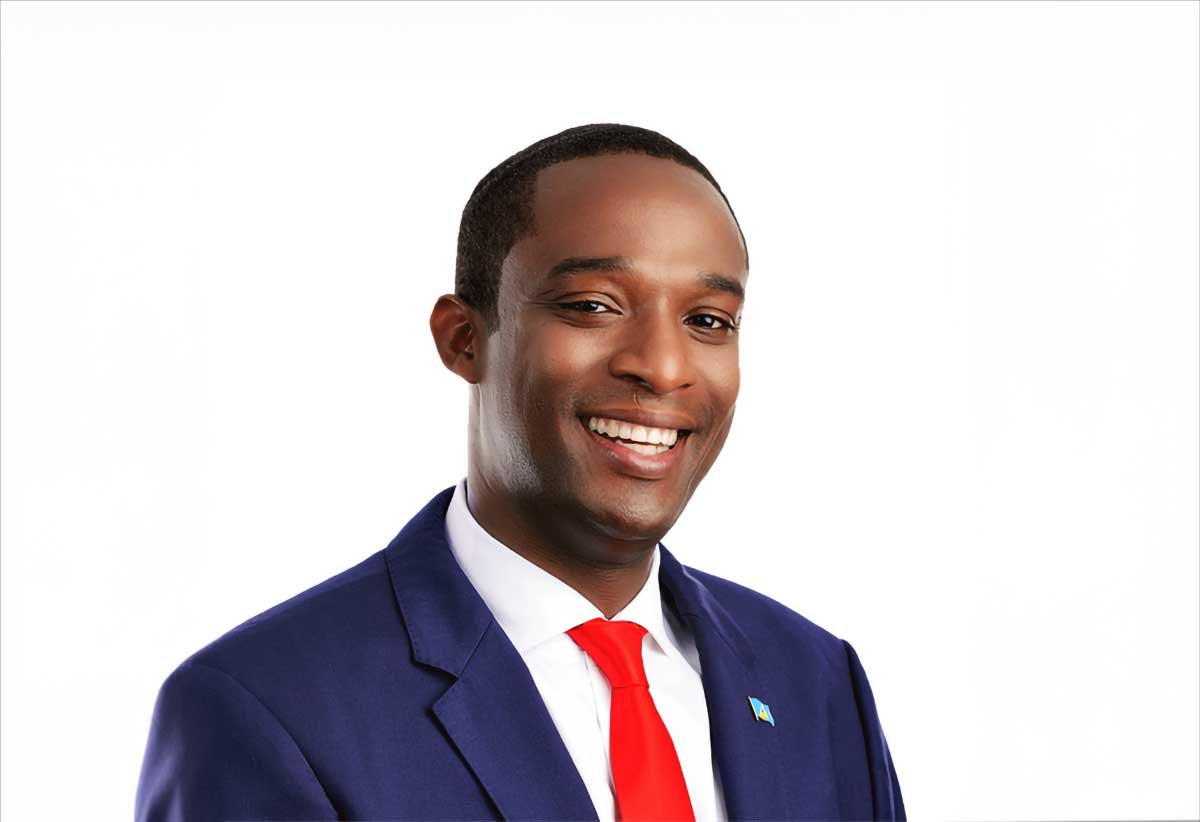
THE upcoming budget presentation will reveal plans by the government to put more funding into the country’s social programmes.
Minister in the Ministry of Finance Wayne Girard, revealed this much on Monday as he provided reporters with an outline of the upcoming budget plans.
He indicated that the administration is keen on putting measures in place to accommodate the average citizen to better their social standings.
Girard said that upon assuming office, government found the Debt to GDP ratio at 100%, but for the past few years the figure has been cut down to “prudent limits” in a steady manner.
“We have given a commitment to the OECS/ECCU unit that it would be 60% by 2035. We are just above 75% at the moment and we are trending downwards,” he said.
The minister said government does not plan to introduce any new taxes this year, but instead they plan to put a lot more money into the social development of individuals/families.
Cognisant of the challenges that arose due to the Covid-19 pandemic, he said, “we are increasing the amount of money available to the social infrastructure, and we are placing further emphasis on youth, education and indeed health.”
Girard stated that when the budget is presented, in a few weeks’ time, based on the measures taken, it will show that the government has done very well, considering where it started off, in 2021.
In response to the nagging debate and concerns about government’s 2.5% Health and Security Levy Girard said: “If we want to see better outcomes in health, the (criterion) is that you spend 6% of the GDP on health. At the moment we are spending just below 4% and to progress from 4 % to 6 % we need to generate income through the 2.5% Health and Security Levy.”
He also said that a part of the revenue generated would be used to people who cannot afford medical services.
He contended that, “if we want better outcomes in healthcare, we have to be able to raise revenue.”
The minister noted that part of the proceeds from the Health and Security Levy, is to accommodate persons that are unable to pay for medical services.
Girard reiterated that the guidelines stated, 6% of GDP, and we are not spending anywhere near that amount.
Referring to queries from the opposition on the status of a loan agreement with the World Bank, he explained that, “The Policy Based Loan was a discussion that took place before we formed the government, and at that time, the World Bank would have known.’
Girard said that though the previous administration attempted to initiate a Health and Security Levy, nonetheless, they did not go through with that plan. Therefore, he said, the World Bank would have been privy to that issue on the Policy Based Loan.
Meanwhile, at Monday’s media briefing, Prime Minister Philip J Pierre juxtaposed the Health & Security Levy issue into perspective in relation to the loan component.
The prime minister recalled that Saint Lucia previously stipulated a Policy Based Loan (PBL) agreement, and that “every PBL has a prerequisite.”
Pierre said, the PBL requires “prior conditions”, and one of the conditions stipulates that government must enhance revenue.
He explained that the loan is “repayable in 40 years with a grace period of five years,” applicable for the payments.
The Finance Minister said, the loan agreement stipulates various conditions and firstly, is the issue of revenue enhancement.
“Revenue enhancement means you must collect revenue and we need to get revenue for Health & Security,” he said. “So, we’re going to pass a 2.5% Levy, which will enhance revenue but will be used for Health & Security, it’s a revenue enhancing measure.”
Pierre said revenue was needed to improve the Health & Security issue in the country. He added that revenue was also needed to fund infrastructural upgrades to facilities such as the St Jude Hospital, the Halls of Justice, new police stations and other amenities, as well as, Universal Healthcare.
“So, the revenue that we want to raise comes through the Health & Security Levy,” Pierre said.













